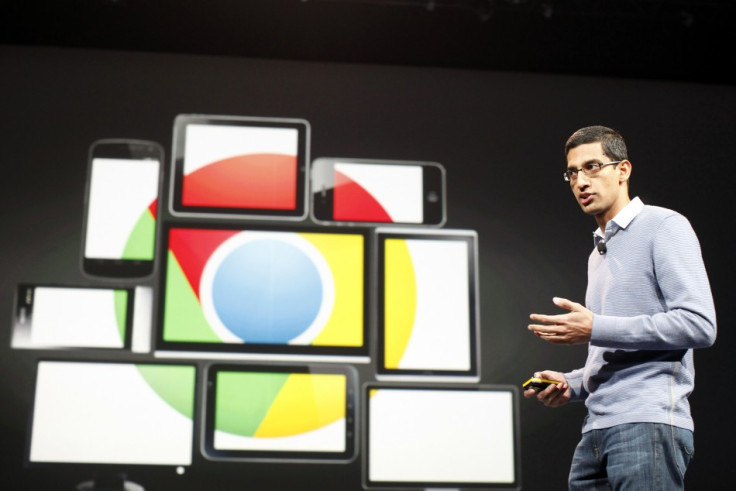New Issue Within Google Chrome Web Browser Reduces Laptop Battery Life and Performance

Google Chrome, which has a significantly large user base across the globe, is now the victim of a new vulnerability that drains off battery life of laptops and results in overall slow performance of your machines running Windows.
Google Chrome's latest bug should come as a sort of revelation to users frustrated with having to bear with reduced battery life and slow performance of Windows laptops.
Another notable aspect arising out of this issue is the fact that Chrome consumes significantly more laptop battery life than other browsers do.
However, the exact cause of battery-life drain by Chrome has been identified.
According to a Forbes report, the cause for laptop battery-drain and slow functioning is your computer's 'system clock tick rate', which Windows, by default, sets to 15.625ms (normal value).
System clock tick rate' at 15.625ms means that your computer's CPU needs to switch to 'wake up mode' every 64 times in one second, to attend to high-priority events.
Apparently, Google Chrome changes 'system clock tick rate' to 1,000ms (consumes more power) as soon as you launch the browser. This means that the system's CPU needs to switch to 'wake up mode' 1000 times in 1 second, to attend to Chrome-related tasks.
Generally, 'System clock rate' measures the time interval (predefined) during which a computer's processor switches from sleep to active mode, in order to execute high-priority events. Ideally, a computer's processor switches to 'sleep' by default, to conserve power.
Also, a bug that has been filed in 2012 in Chrome's Chromium open-source project confirms that Google's browser indeed increases PC tick rate and keeps it that way until completely shut-down.
It is imperative for Google Chrome users to take a note of the issue, since users on other major operating platforms such as Linux and Mac do not apparently encounter system slowdown and drastic battery-life reduction in laptops, by virtue of 'tickless kernels' that are built by default within systems running Mac and Linux.
The Forbes report compares power consumption of other major web browsers, with Chrome, and states that other browsers like Mozilla Firefox and Microsoft's own Internet Explorer (IE) also increase system clock rate considerably (especially during multimedia content display using Flash), but put the rate back to the standard Windows value (15.625ms), after users stop viewing flash content consuming higher memory.
However, Google seems to have taken note of the laptop battery-drain issue within Chrome, after nearly two years since the first bug was filed.
According to a report in PC World, the internet search engine giant has allotted the bug internally to engineers, who should come out with a fix shortly.
Until then, users can resort to completely closing down Chrome when not using the browser, or go in for web browsers from other companies.
© Copyright IBTimes 2025. All rights reserved.





















